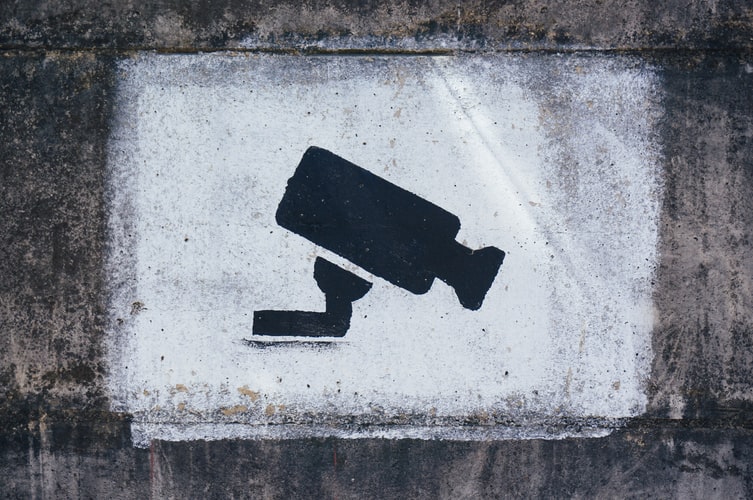Months of campaigning by climate activists has finally sparked action to remove over a million barrels of crude oil from the tanker FSO Nabarima. But the success of these efforts depends largely on the responsiveness and cooperation of all parties involved. What happens over the next month will determine the fate of a precious marine ecosystem so many depend on across the Caribbean.
The Nabarima had been abandoned in the Gulf of Paria between Venezuela and the island of Trinidad back in January 2019 and was left to rot with 1.3 million barrels of crude oil inside. Jointly owned by Venezuela’s state-owned oil company PDVSA and Italian energy giant ENI, the oil tanker became caught up in U.S sanctions against Venezuela and the PDVSA ceased operations on the ship.
Left neglected in the water, concern for the stability of the ship and the potential risk of a catastrophic oil spill continued to grow. If the ship was to leak or sink, the oil spill would be the largest in history and would decimate the surrounding marine ecosystem along with the fishing and tourism industry of the area. A spill of this magnitude would be five times worse than the Exxon Valdez spill in 1989 or the BP Deepwater Horizon oil spill of 2010.
Despite this, it took over a year and a half before the potential threat was considered seriously. It was mid-August 2020 when talk of the Nabarima’s condition began to escalate. During a conversation with a PDVSA union representative, local environmental nonprofit Fishermen and Friends of the Sea (FFOS) were made aware that the ship had begun to tilt dangerously and needed to be inspected.
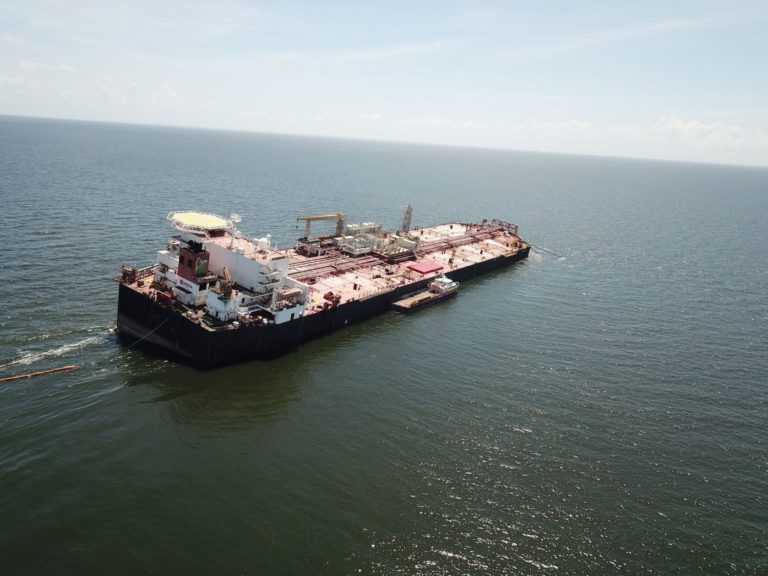
After contacting Trinidad and Tobago’s government and receiving no response, FFOS set up a social media campaign in the hopes of raising awareness and gaining some traction for the precarious state of the ship. In September, the government announced it was waiting for permission from Venezuela before a team could board the ship and assess the risk.
Related Articles: The Recent Case Of Marine Pollution In Kamchatka | Mauritius Needs International Support
Due to continued inaction, FFOS corporate secretary Gary Aboud took a camera and a boat and visited the ship on Oct. 16. Having revealed that the Nabarima was tilted at a sharp 25-degree angle, the video footage quickly went viral and gained the attention of many prominent environmental figures, including Greta Thunberg.
Meanwhile, the head of the Unitary Federation of Petroleum Workers of Venezuela Eudis Girot shared photos inside the ship that showed it had begun to take on water in the lower levels.
Four days after Aboud’s video, Trinidadian Foreign Minister Amery Browne and Energy Minister Franklin Khan confirmed the Nabarima could finally be boarded. In stark contrast to the evidence shared by FFOS, the government team reported that the ship was, “upright and stable, with no visible tilt or imminent risk of sinking.”
Regarding the footage shared by FFOS, the minister refused to comment, stating, “Our team visited on Tuesday and they have seen the vessel totally upright, no list. The double-wall is intact. I have no comment to make on who posted what.” He also claimed the ship “poses minimum risk of an oil spill at this time.”
Despite these contradictory claims it has now been reported that PDVSA has started removing the oil from the Nabarima using another one of its ships, the Icaro. However, Aboud warns that this, “doesn’t mean it is out of the danger zone.”
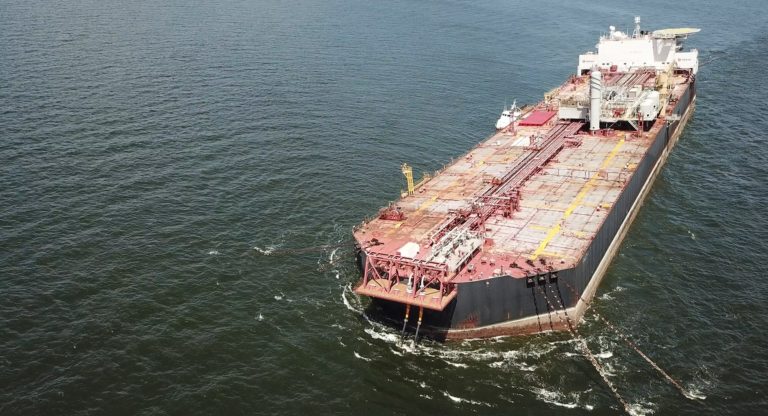
The Icaro is considerably smaller than the Nabarima and can only transfer 25% of the 1.3 million barrels of oil at a time. Trinidad & Tobago’s Energy Minister Franklin Khan explained it could take more than a month to fully offload the oil, meaning the chances of an oil spill will remain throughout November.
This is a critical time as the 2020 Atlantic hurricane season doesn’t end until Nov. 30 and there have already been 29 storms so far, making it the highest on record. Meanwhile, the ship is still only supported by anchor chains to keep it upright, which Aboud fears won’t be enough to keep the ship stable during extreme weather.
If a spill were to occur the consequences on the marine ecosystem would be devastating and far-reaching. The chain of islands and corals at risk are part of a unique genetic coral reef system that extends from Venezuela, all the way along the Caribbean, to the coast of Florida.
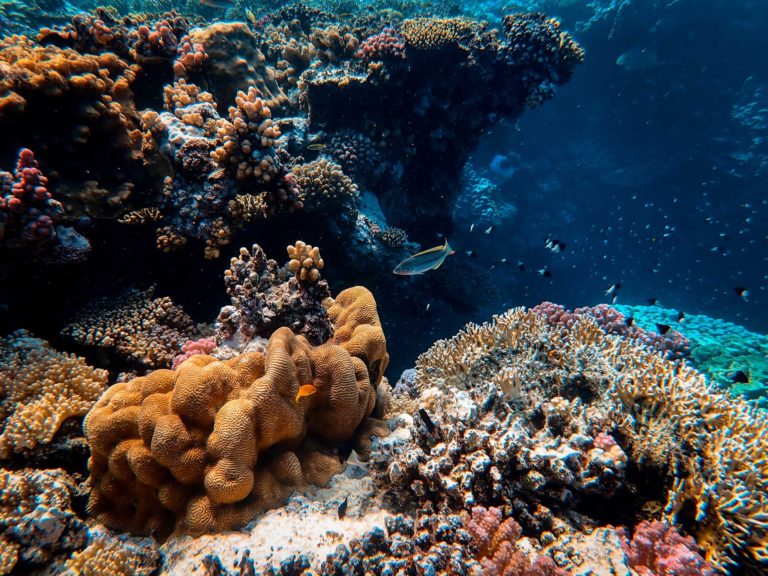
The coral reefs in Venezuela and Trinidad and Tobago are foundational to the health of the entirety of the Caribbean’s coral ecosystem. Each Caribbean island has a genetically unique set of corals that initially evolved from Trinidadian corals.
Various coral systems in the Caribbean have been dependent on receiving nutrients and healthy bacteria from these source corals over thousands of years. A crude oil spill, and its harmful chemicals, would lead to long term genetic damage to the ocean microbiome critical for the health of coral reefs.
Not only would the reefs be at risk, but oil spills can have long term impacts on the gender balance of species along with other parts of the genetic code, leading to the collapse of entire marine ecosystems. This would result in massive biodiversity loss as Caribbean marine and coastal environments are one of the most diverse ecosystems in the world.
Many people in the Caribbean also depend on marine diversity for their livelihoods. The Gulf of Paria currently supports over 50,000 fishers and coastal residents while 70% of all seafood consumed locally is caught in the Gulf.
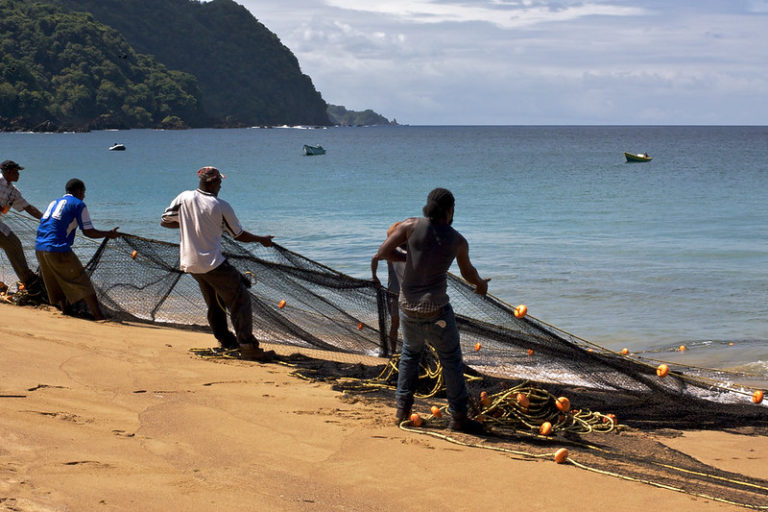
Studies have also revealed that oil spills tend to wreak long term havoc on local residents as they can result in a decline in tourism, reduced property values, and business closures. One study by the Georgia Strait Alliance found that residents affected by oil spills are more likely to struggle with job losses, health impacts, and legal compensation battles that put increased pressure on health and social services.
If an oil spill did happen, even in hindsight there is little chance of the local area receiving justice or reparations. Obscure legal loopholes pushed by the maritime insurance and oil industry make legal proceedings purposefully difficult. In Trinidad and Tobago, there have been 377 reported oil spills between 2015 and 2018 with none prosecuted.
Due to the severity this threat poses, climate activists are urging for further preventative measures and for the overall threat to be taken more seriously. FFOS has appealed for the Trinidad and Tobago government to declare the matter as a national emergency. The biggest danger being that, without a more proactive approach, it could become too late to even mitigate the consequences.
Editor’s Note: The opinions expressed here by Impakter.com columnists are their own, not those of Impakter.com. — In the Featured Photo: The FSO Nabarima is seen tilting at 25 degrees when visited by Gary Aboud. Featured Photo Credit: Fishermen and Friends of the Sea







